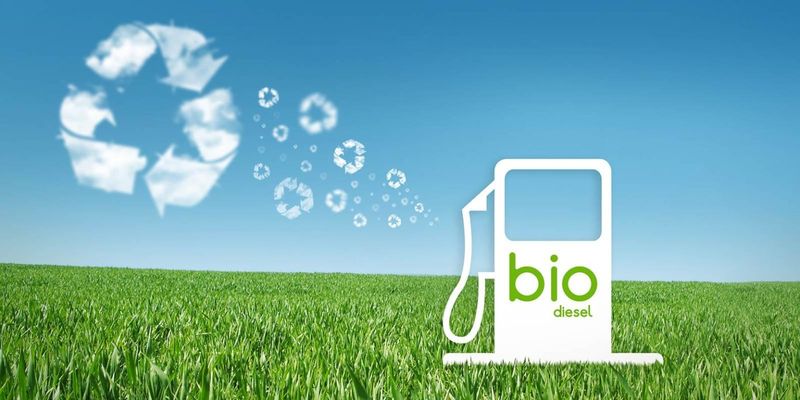Global palm oil prices set to soar as Indonesia’s biofuel push tightens supply

Palm oil prices are set to surge as Indonesia ramps up its biofuel plans, a move that is expected to cut supplies available for export from the world’s top producer and deepen a global squeeze, according to a report by The Edge Singapore.
Indonesia planned to channel higher volumes of palm oil stocks toward expanding its domestic palm oil-based biodiesel mandate from 40% (B40) to 50% (B50) by the second half of next year, the 12 November report said.
The B50 programme is part of Indonesia’s efforts to cut its fuel import bill while reducing greenhouse gas emissions (GHG).
However, the initiative – alongside stagnating output growth in the world’s biggest producers – could drive up global prices, shift flows of vegetable oils and increase food inflation if buyers were forced to seek costlier alternatives, The Edge Singapore wrote on 12 November.
Palm oil prices had fluctuated as investors weighed increasing stockpiles and uncertain demand – at the time of the report, prices were down 6% year-on-year at MYR4,145 (US$1,000)/tonne.
If the Indonesian government pushed ahead with B50, prices could climb to MYR5,000 (US$1,210)/tonne in the January-June period, Indonesian Palm Oil Association (Gapki) Eddy Martono told Bloomberg News ahead of the Indonesian Palm Oil Conference 2025 and 2026 Price Outlook conference in mid-November.
On the domestic front, the policy could be followed by a hike in export taxes, which was likely to impact smallholders, he added.
Globally, consumers may need to consider other supply outlets as Indonesia curbs exports to achieve the higher biodiesel blend, according to Matthew Biggin, senior commodities analyst at BMI.
“It will require deliberate government intervention to prioritise domestic biodiesel production over exports, likely impacting traditional importing markets, particularly India and China, who will need to source alternative supplies,” he added.
Although Indonesian authorities had completed B50 laboratory tests, road-safety tests had not begun, the report said.
Gapki secretary general M Hadi Sugeng Wahyudiono was quoted as saying that the expansion of the mandate would boost Indonesia’s palm oil use for biodiesel by a quarter and potentially cut the country’s total palm exports to 26M tonnes in 2026, from an estimated 31M tonnes this year.
According to Jacquelyn Yow, associate director of research at CGS International Securities Group, full B50 implementation could begin from June next year.
“This timeline could increase biodiesel demand by 1.7M tonnes, bringing Indonesia’s total biofuel consumption to 15.6M tonnes. That’s roughly 18% of global palm oil use, compared with 17% under B40 this year,” Yow added.
According to Godrej International director Dorab Mistry, the introduction of B50 would drive palm prices to a three-year high of MYR5,500 (US$1,331) in the first quarter of 2026.
For almost 30 years of expertise in the agri markets, UkrAgroConsult has accumulated an extensive database, which became the basis of the platform AgriSupp.
It is a multi-functional online platform with market intelligence for grains and oilseeds that enables to get access to daily operational information on the Black Sea & Danube markets, analytical reports, historical data.
You are welcome to get a 7-day free demo access!!!
Read also
Abbey Commodities – General Partner of BLACK SEA GRAIN.KYIV-2026
Corn prices in Ukraine dropped to $212–213/t
Export Logistics Reset 2026: Rail Tariffs, Capacity Pressure and New Trade Reality
India’s palm oil imports rose 51% in January, reaching a four-month high
Morocco expects grain harvest to double following heavy winter rains
Write to us
Our manager will contact you soon



